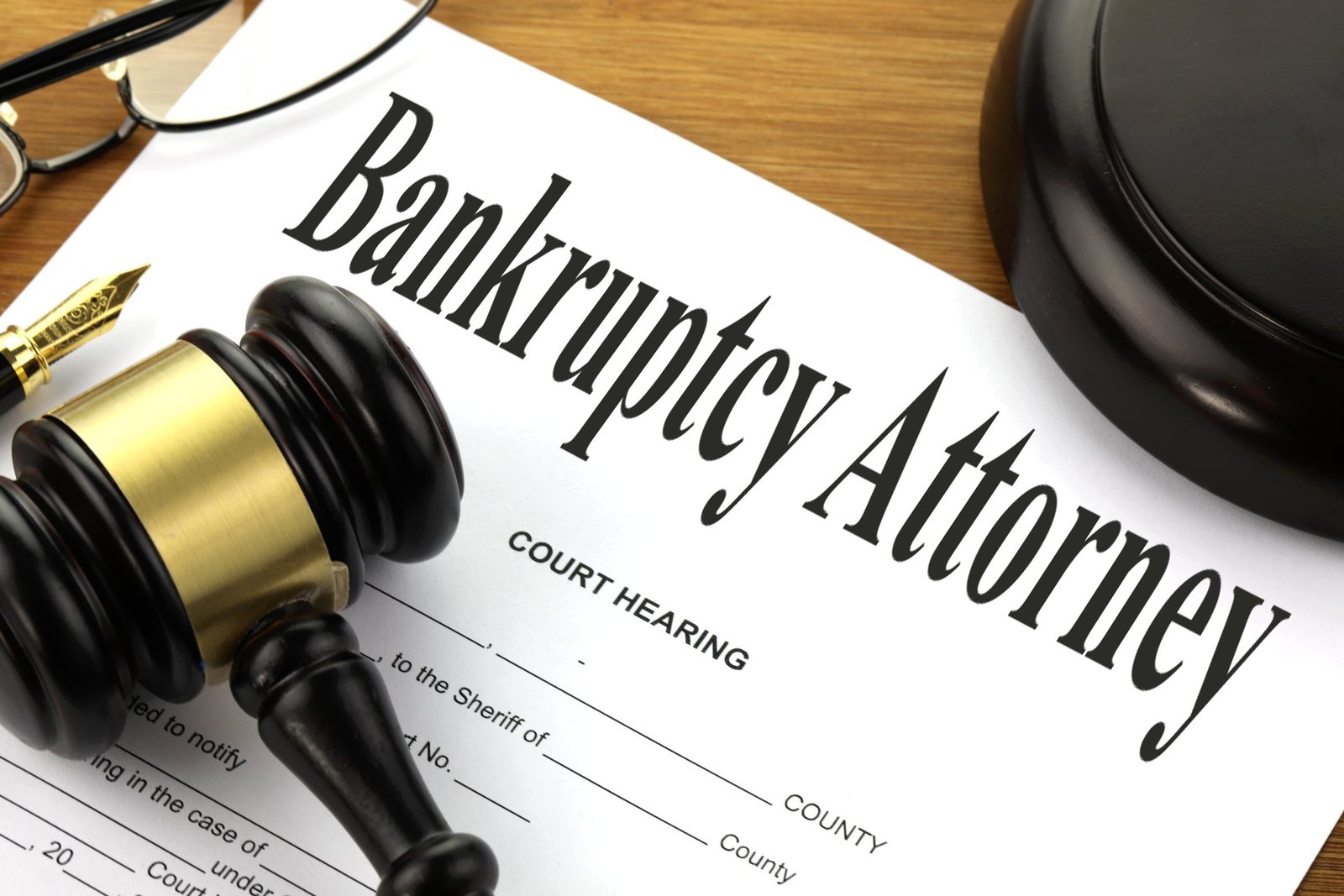Chapter 13 bankruptcy is a helpful tool that lets you manage your debt without losing your assets. In this type of bankruptcy, you can keep your assets and stay in control of what you earn while benefitting from the debt elimination associated with other drastic kinds of bankruptcy. However, it can be tricky to get your debt discharged with Chapter 13 bankruptcy. A lot of people fail to complete the bankruptcy process and lose the benefits they are supposed to enjoy in the plan. Because of this, you need a reliable Chapter 13 bankruptcy attorney who can help you ensure the success of your bankruptcy efforts. Here are some pieces of advice your attorney may give you:
Be Aware of You Can Do and Your Responsibilities
When you choose to file for Chapter 13 bankruptcy, you do not give the bankruptcy trustee full control of your finances. Rather, you tend to build a repayment plan that suits your current financial situation. A bankruptcy judge must confirm it; however, you can make the initial decision regarding your plan. To increase your chances of completing your repayment plan, you must devise an achievable and realistic plan. You may want to create specific goals, focus on savings, and take your debts seriously. Keep in mind that bankruptcy is a great way to walk away from debts you cannot pay off. However, to make this happen, you need to concentrate on debts you must pay.
Make a Realistic Payment Plan
When you design a Chapter 13 bankruptcy plan, you must take into account your cost of living and be realistic about it. You should be realistic about your daily and monthly cost of living to ensure your plan is feasible over 3-5 years. However, you can always make changes when something changes in your life within this period. Estimating a budget for your family can help you set up for bankruptcy success.
To ensure you can make payments according to your plan, consider using automatic payments. Manually making your payment may let you fall behind for some reason. Also, look for a great bankruptcy lawyer to help you create your plan and stick to it. And once you file for bankruptcy, keep in touch with your lawyer. Keep them informed of any changes that impact your ability to fulfill your payment obligations. Also, stay proactive in terms of solving problems. Chapter 13 comes with some flexibility when you are open about your current situation.

